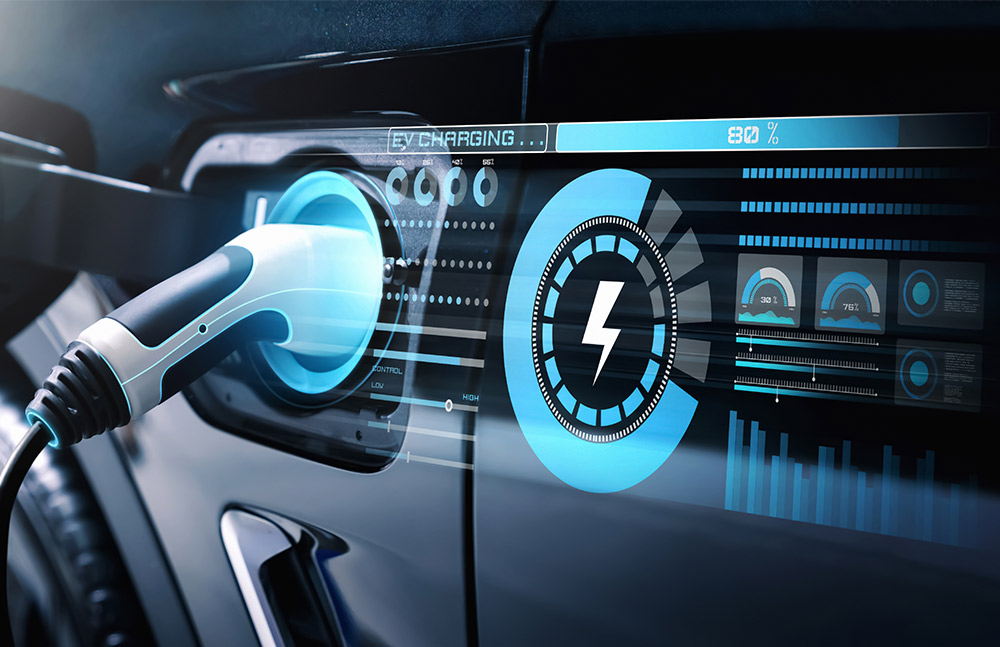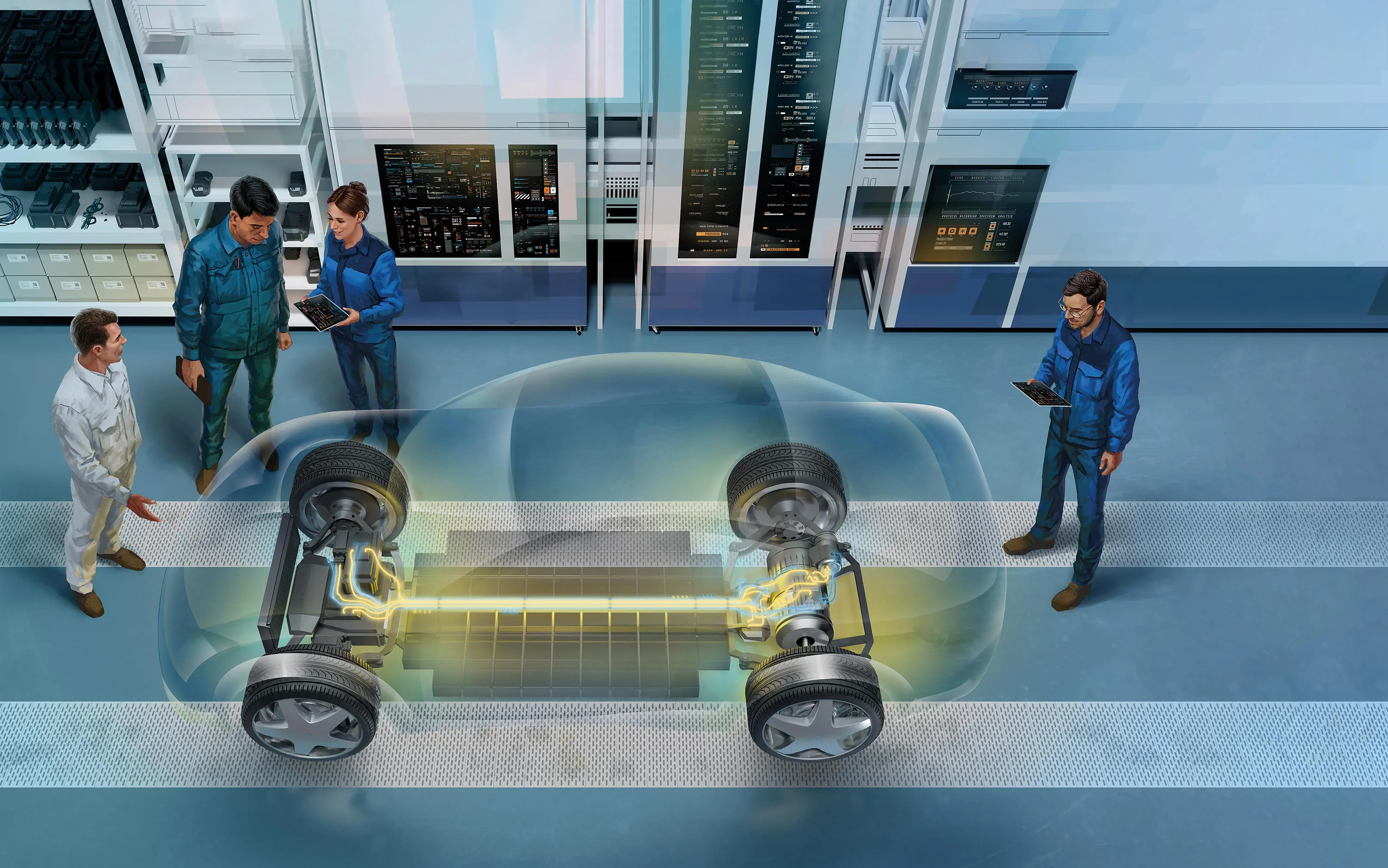
Table of Content
▼On Monday, the Centre unveiled the PM E-DRIVE scheme, allocating ₹10,900 crore to boost electric vehicle (EV) adoption and enhance charging infrastructure and manufacturing capabilities. Running from October 1 to March 31, 2026, this initiative is set to accelerate India's transition to electric mobility.
The PM E-DRIVE will integrate the current Electric Mobility Promotion Scheme (EMPS) 2024, combining its budget and vehicle targets within the new framework. According to the official notification, "The number of vehicles and the expenditure under EMPS, 2024 is subsumed under the PM E-DRIVE Scheme."
The scheme provides subsidies for a range of EV categories, including two- and three-wheelers, e-ambulances, and e-trucks. Additionally, grants will be available for establishing charging infrastructure, supporting e-bus fleets, and upgrading testing facilities. Notably, electric buses will receive a substantial portion of the funding, with ₹4,391 crore earmarked, while two-wheelers are allocated ₹1,772 crore.
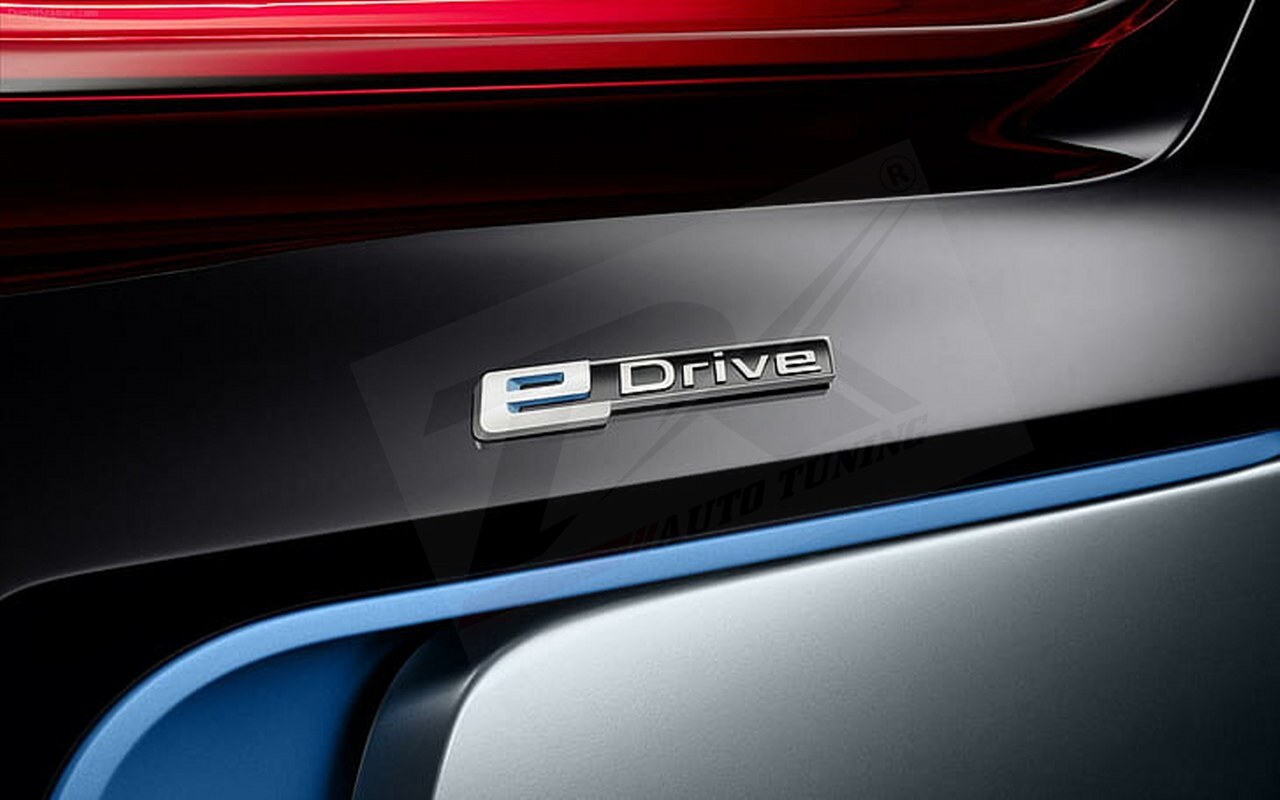
State governments will play a vital role by offering additional incentives. The scheme encourages states to provide both fiscal and non-fiscal benefits, such as road tax concessions, toll exemptions, and reduced parking fees, to further promote EV adoption. The notification states, "States need to offer a bouquet of fiscal and non-fiscal incentives," listing several potential benefits.
To bolster local production of EV components, the scheme introduces a Phased Manufacturing Programme (PMP). From December 2024, EV chargers must meet a minimum 50% domestic value addition (DVA) requirement to qualify for subsidies.
The financial support for electric two-wheelers will be reduced to ₹5,000 per vehicle by 2025-26, while subsidies for three-wheelers will be capped at ₹25,000 per vehicle. In response to previous issues with subsidy misuse under the FAME scheme, the government has tightened regulations to prevent companies from gaining unfair advantages while selling imported vehicles.
This comprehensive scheme underscores the government's commitment to fostering sustainable transportation and supporting the EV industry's growth in India.
Also Read: Electric Cars in India Under 5 Lakhs: Affordable Options for Eco-Friendly Driving
Mehul Jain
EV Specialist & Clean Mobility Advocate. Mehul Jain is an expert in India’s evolving electric vehicle ecosystem, with a focus on EVs, charging infrastructure, and sustainable mobility. His articles cover everything from government subsidies to range insights, helping readers navigate the shift to cleaner transportation.
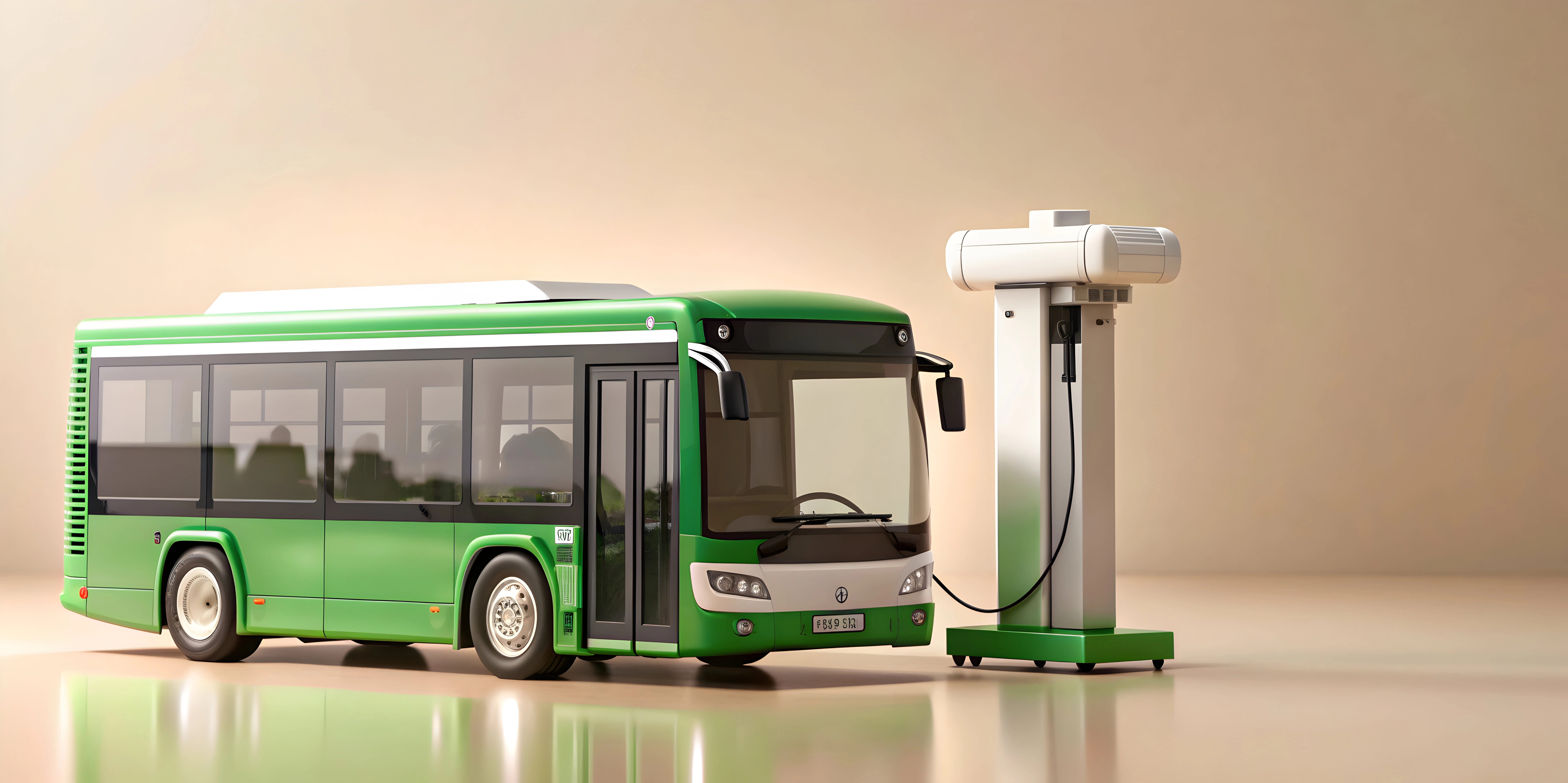
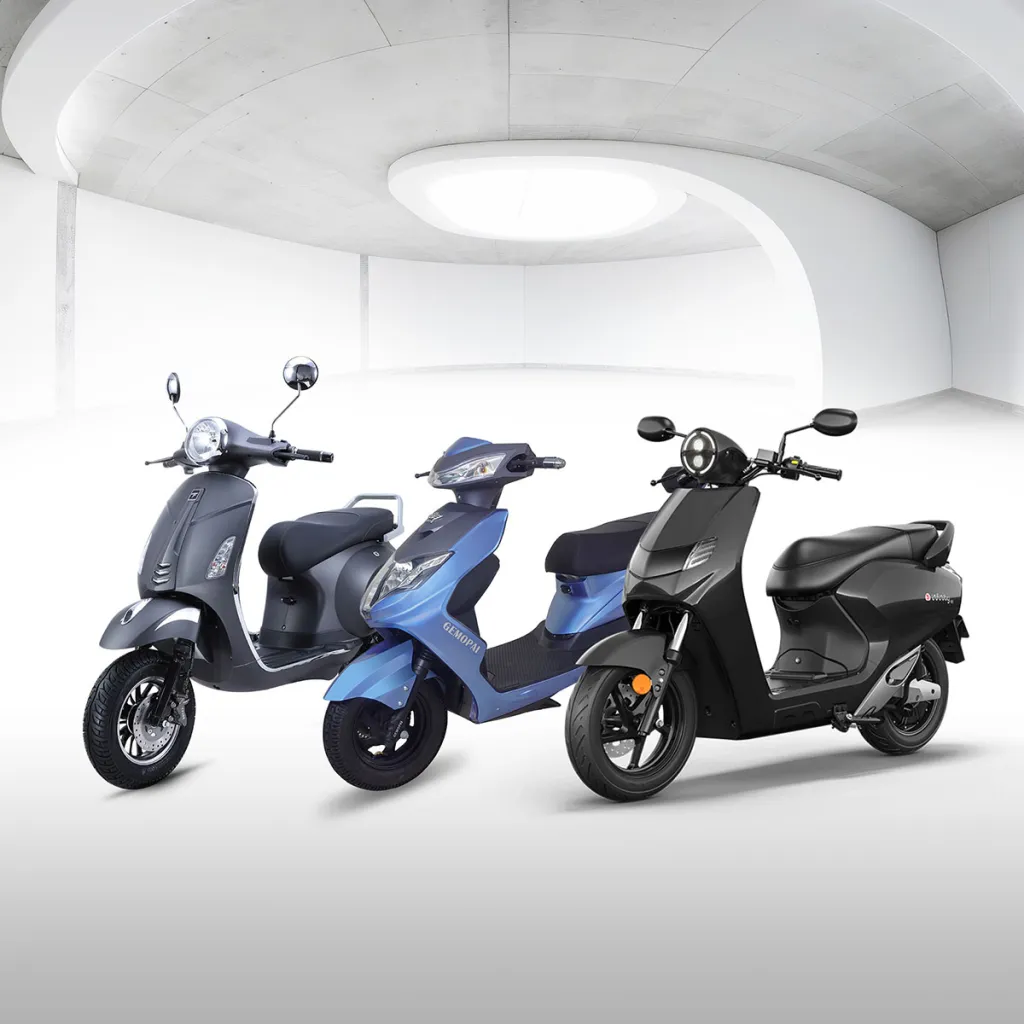
_1770886465.webp)

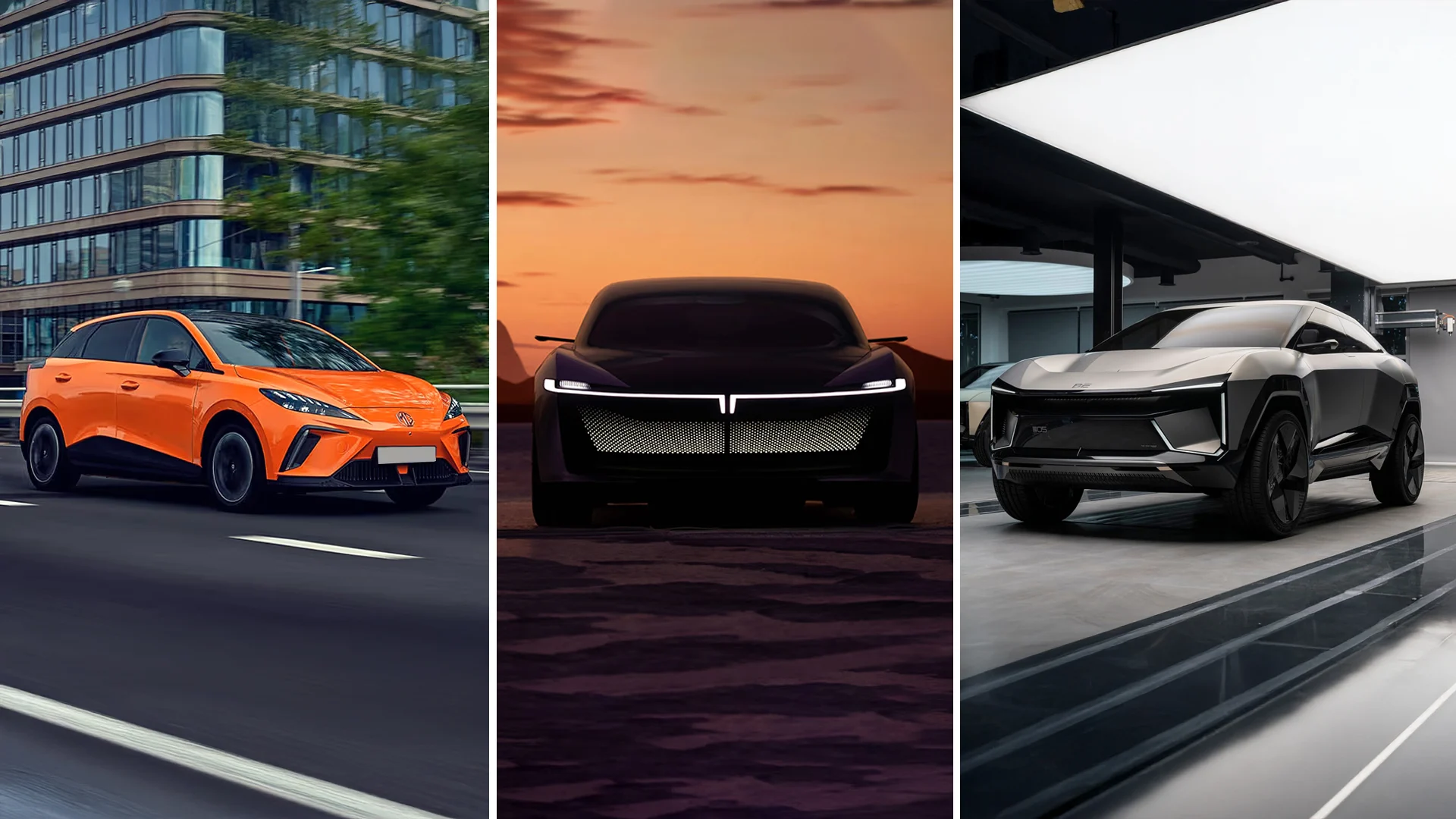
_1716799620.webp)

